On the afternoon of March 18, Deputy Director of the Department of Information Technology and Communications Industry (Ministry of Information and Communications) Nguyen Thien Nghia had a meeting with Ethereum founder - Vitalik Buterin, on the occasion of his visit and work in Vietnam. The meeting was also attended by representatives of the Vietnam Blockchain Union (VBU).
Vitalik Buterin is the founder of Ethereum, the world's second largest blockchain platform (over $400 billion), after Bitcoin. Following the success of Ethereum, Vitalik Buterin became one of the world's youngest self-made billionaires at the age of 27.
Sharing with the delegation, Deputy Director in charge of the Department of Information Technology and Communications Industry Nguyen Thien Nghia gave an overview of the development of Vietnam's ICT industry. Accordingly, over the past 30 years, the IT sector has developed rapidly and made a great contribution to the growth of Vietnam's economy.
The Ministry of Information and Communications has determined that the future of the IT industry will be the Internet of Things (IoT), artificial intelligence (AI), and blockchain. Therefore, the head of the Department of Information and Communications Industry has proposed that the founder of Ethereum advise Vietnam not only on technical aspects but also on policy and economic perspectives.
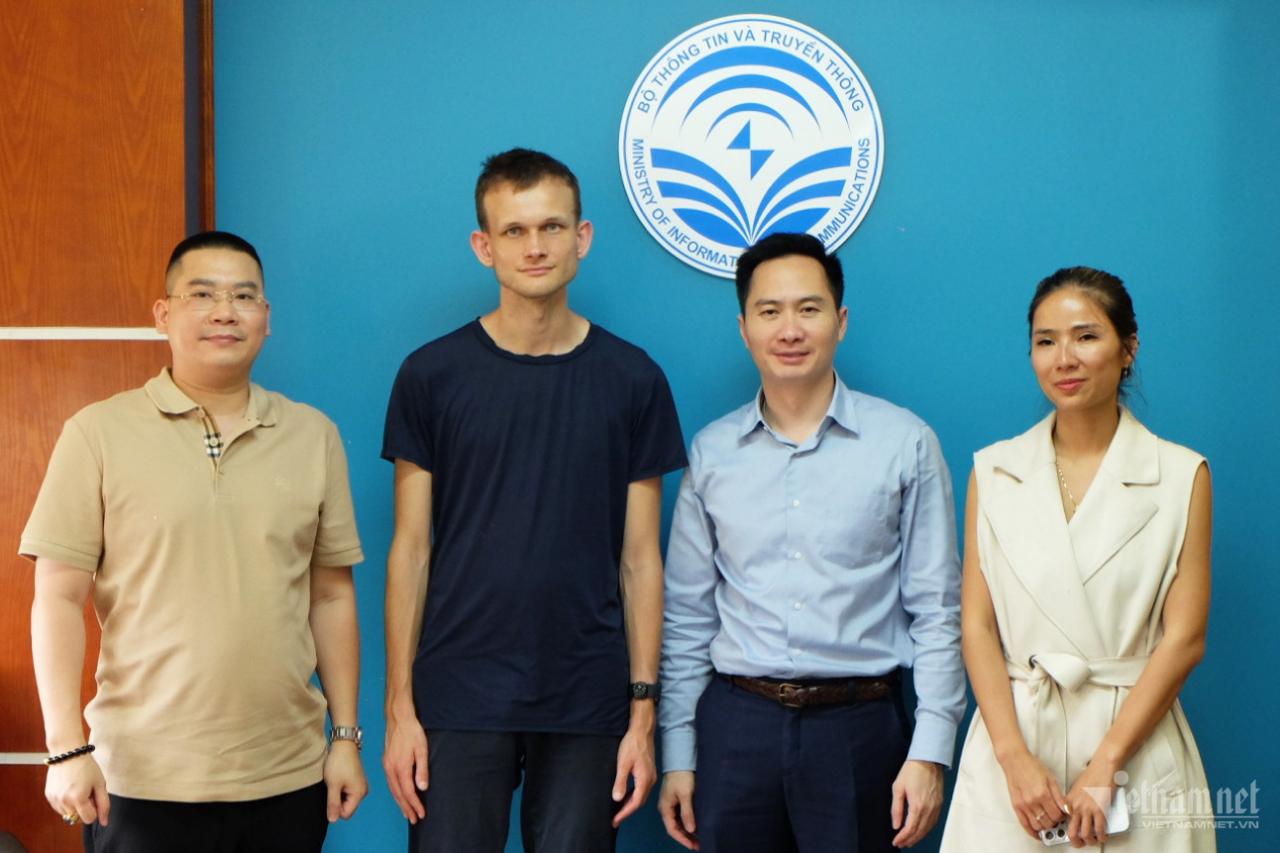
According to the founder of Ethereum, as technology matures, decentralized applications (DApps) on the Blockchain network platform have become known to many Vietnamese people. This will become even more popular in the future.
More and more people are now involved in developing decentralized applications for millions of users globally. These are aspects that Vietnam needs to pay attention to in promoting the development of this industry.
Vitalik Buterin said that he encourages creating a level playing field for participation in new technologies, thereby forming a global ecosystem. Therefore, he also suggested promoting educational and training activities so that users and developers can better understand the technology and how to use it.
According to Mr. Dinh Le Tuan Anh - representative of Vietnam Blockchain Alliance, Vietnam currently owns one of the largest Web3 developer communities in Southeast Asia with about 400,000 programmers.
Web3 (also known as Web 3.0 or decentralized web) is the next step in the development of applications on the Internet. This technology gives users more control over their data, instead of having to depend on developers.
This is an advantage and also an opportunity to bring Vietnam to a new level in the field of Web3 development. Vietnam can also become a source of Blockchain outsourcing human resources for many other countries.
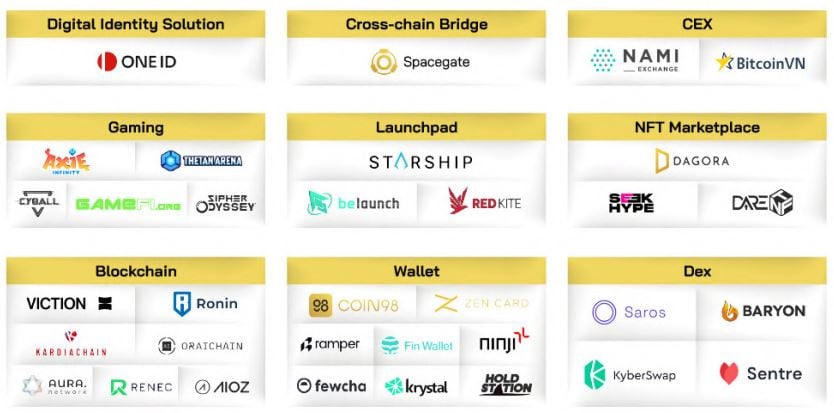
In Vietnam, there are currently many Blockchain projects operating, spanning many different fields. Vietnam also has more than 16.6 million people who have experienced digital currency.
In that context, experts advise that, to promote the development of the Blockchain industry, Vietnam should have a suitable sandbox policy to promote Web3 startups, and at the same time, soon build a legal framework for virtual asset management.
Community sharing activities on technology also need to be more open to bring Blockchain closer to the developer team. In addition, the management agency should also form a blacklist and whitelist for Blockchain projects to limit fraud.
The Vietnam Crypto Market Report conducted by Coin98 Insights shows that in 2023, the Blockchain sector in Vietnam will develop strongly with the beginning of the formation of several large product ecosystems that can complement each other. Among the projects developed by Vietnamese people, there are many outstanding product ecosystems such as Axie Infinity and Ninety Eight.
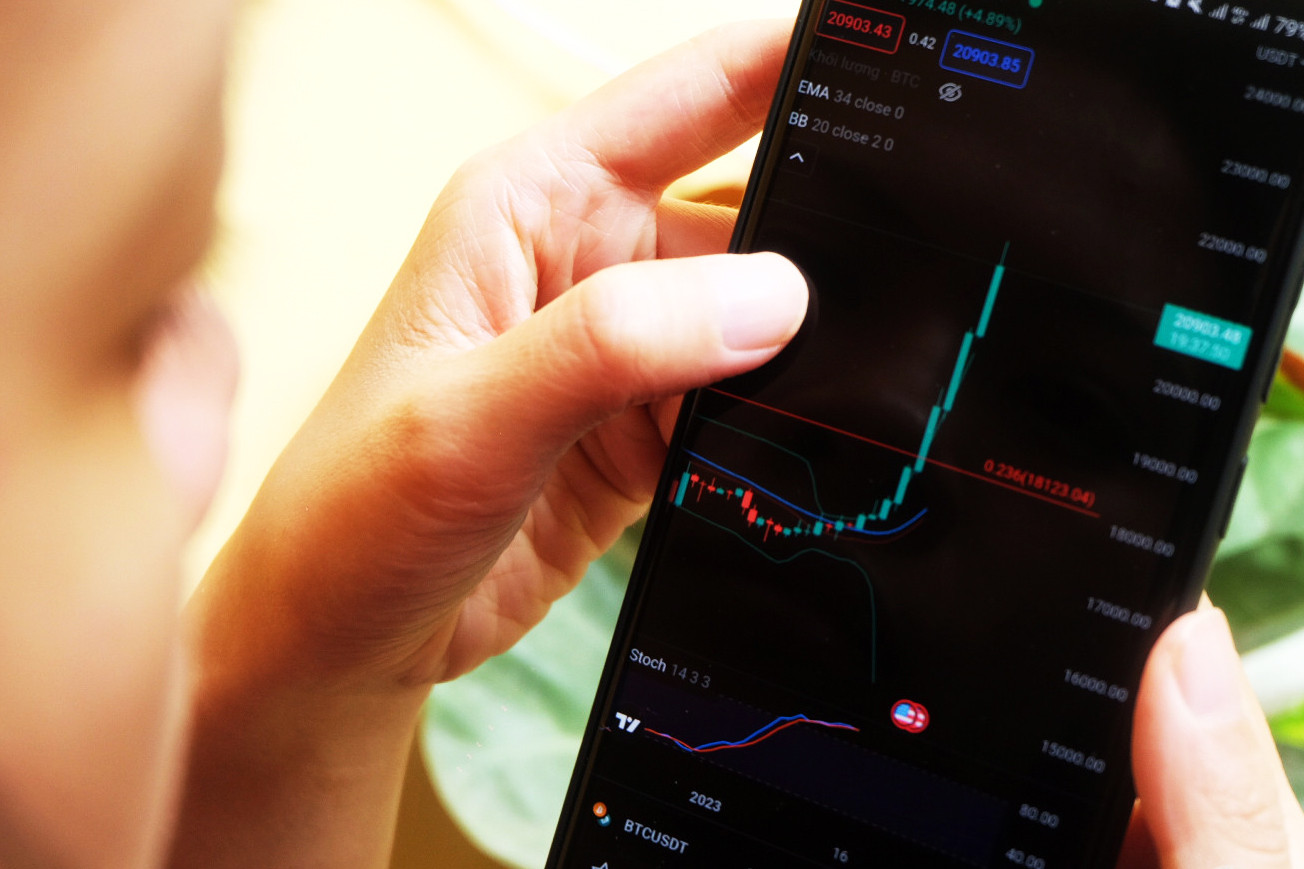
Source


![[Photo] General Secretary To Lam receives French Ambassador to Vietnam Olivier Brochet](https://vstatic.vietnam.vn/vietnam/resource/IMAGE/2025/4/17/49224f0f12e84b66a73b17eb251f7278)

![[Photo] National Assembly Chairman Tran Thanh Man meets with outstanding workers in the oil and gas industry](https://vstatic.vietnam.vn/vietnam/resource/IMAGE/2025/4/17/1d0de4026b75434ab34279624db7ee4a)
![[Photo] Closing of the 4th Summit of the Partnership for Green Growth and the Global Goals](https://vstatic.vietnam.vn/vietnam/resource/IMAGE/2025/4/17/c0a0df9852c84e58be0a8b939189c85a)
![[Photo] Nhan Dan Newspaper announces the project "Love Vietnam so much"](https://vstatic.vietnam.vn/vietnam/resource/IMAGE/2025/4/17/362f882012d3432783fc92fab1b3e980)
![[Photo] Promoting friendship, solidarity and cooperation between the armies and people of the two countries](https://vstatic.vietnam.vn/vietnam/resource/IMAGE/2025/4/17/0c4d087864f14092aed77252590b6bae)
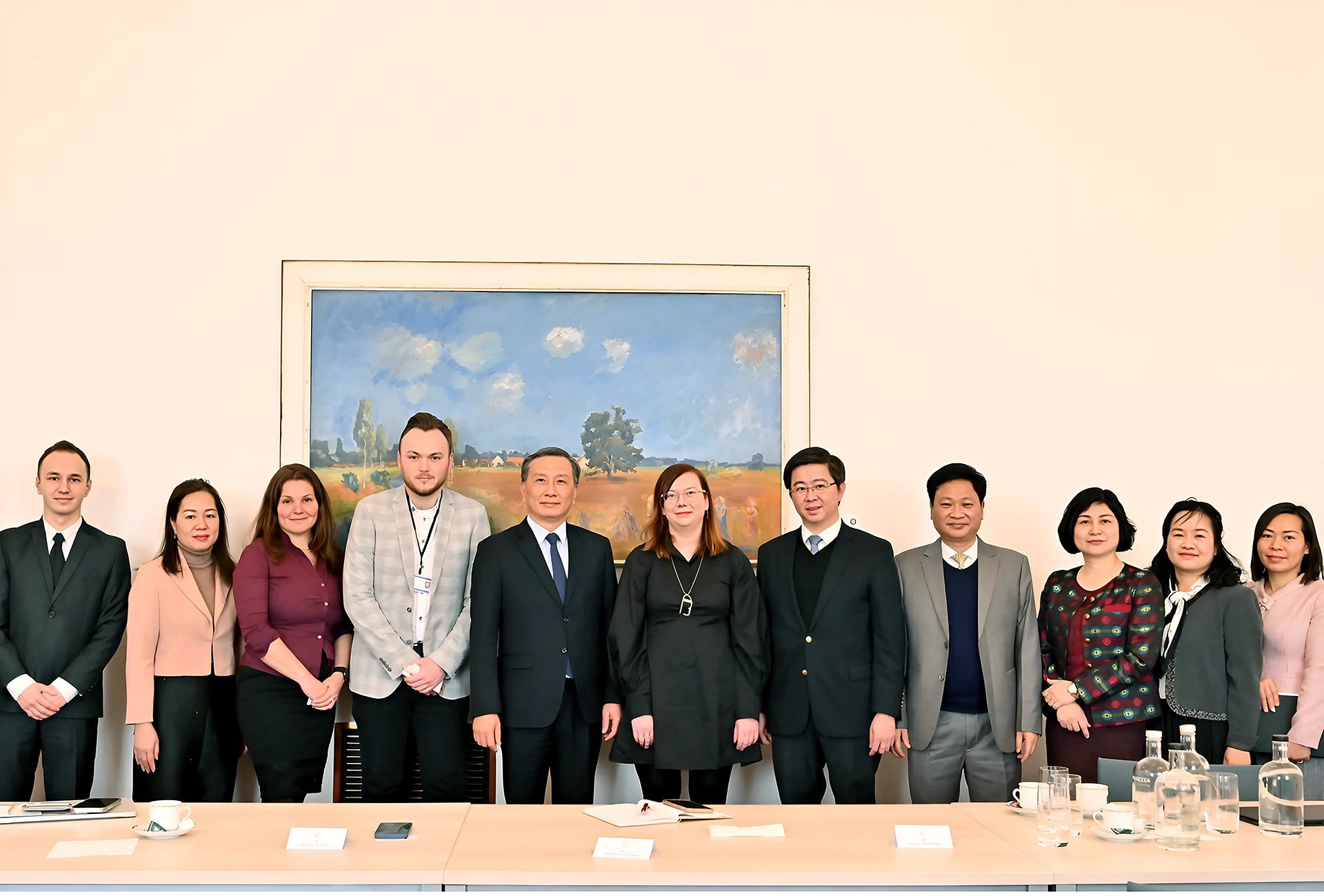
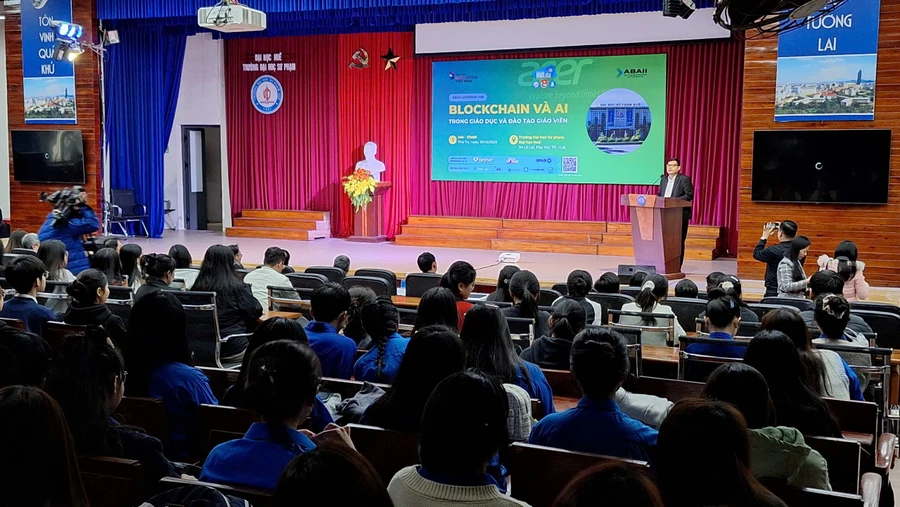



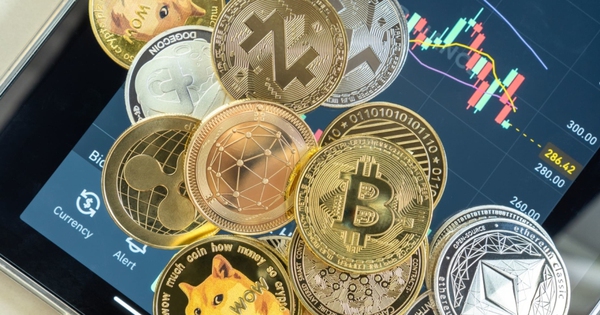
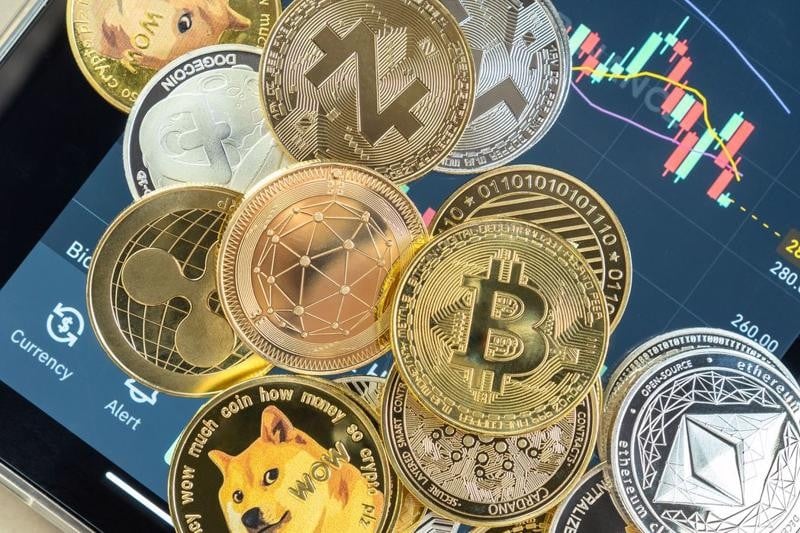
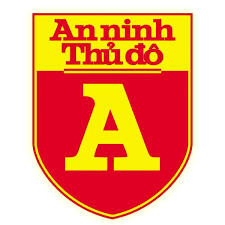
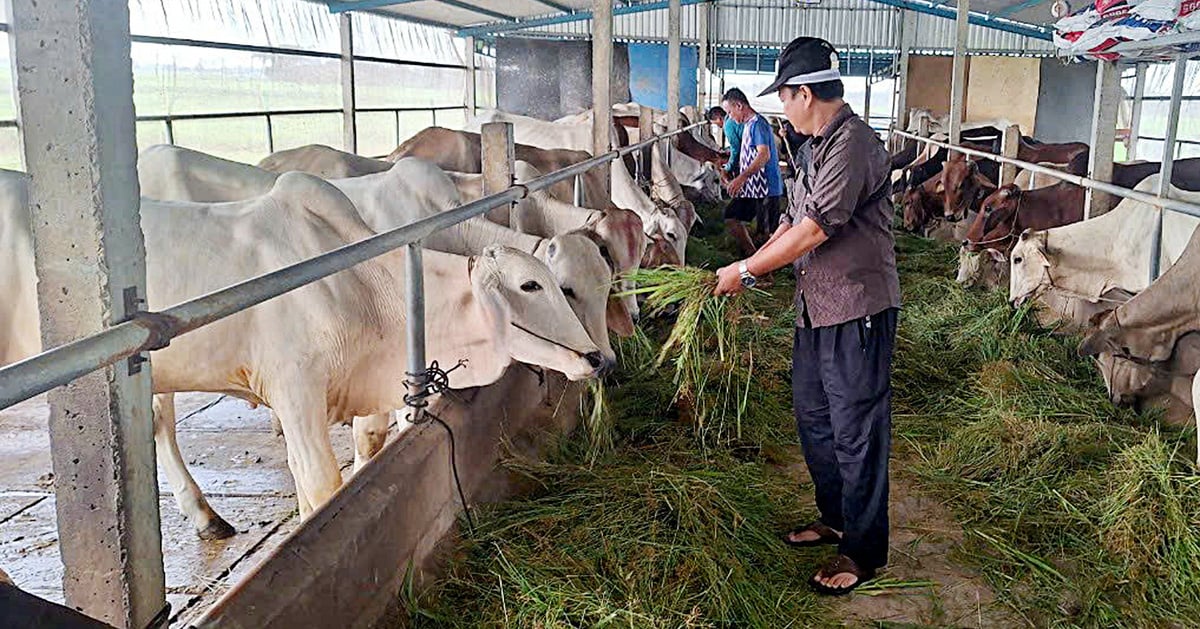


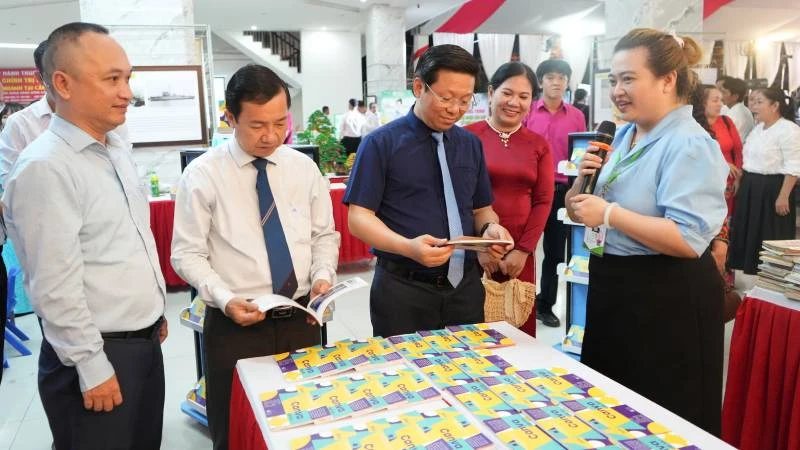








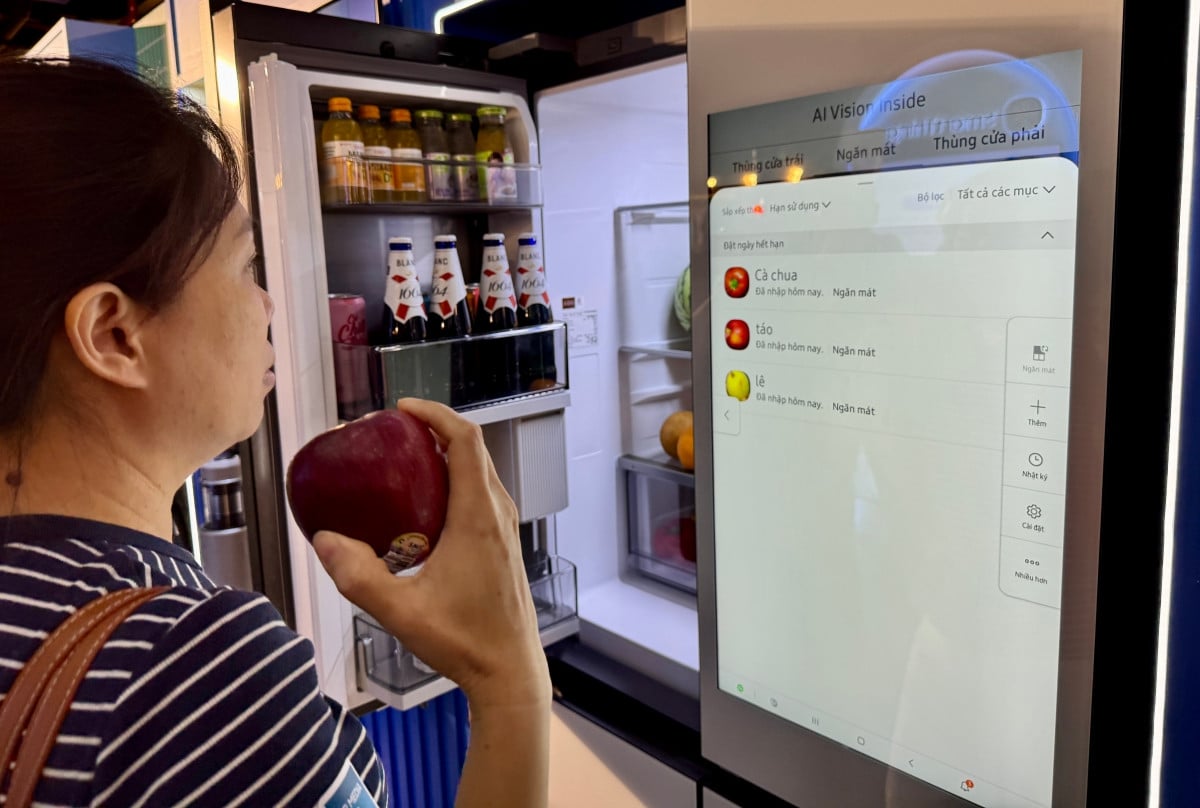
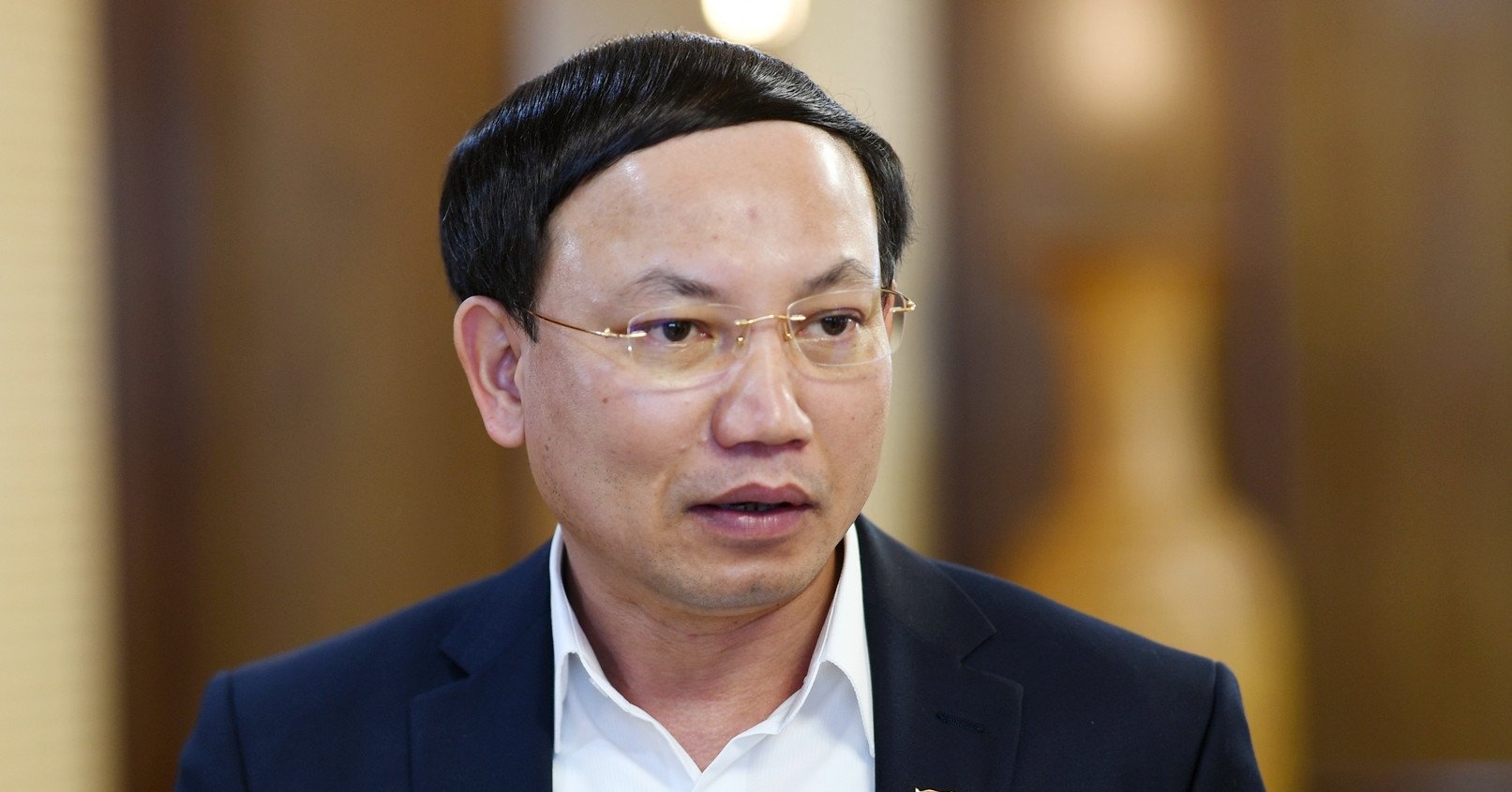

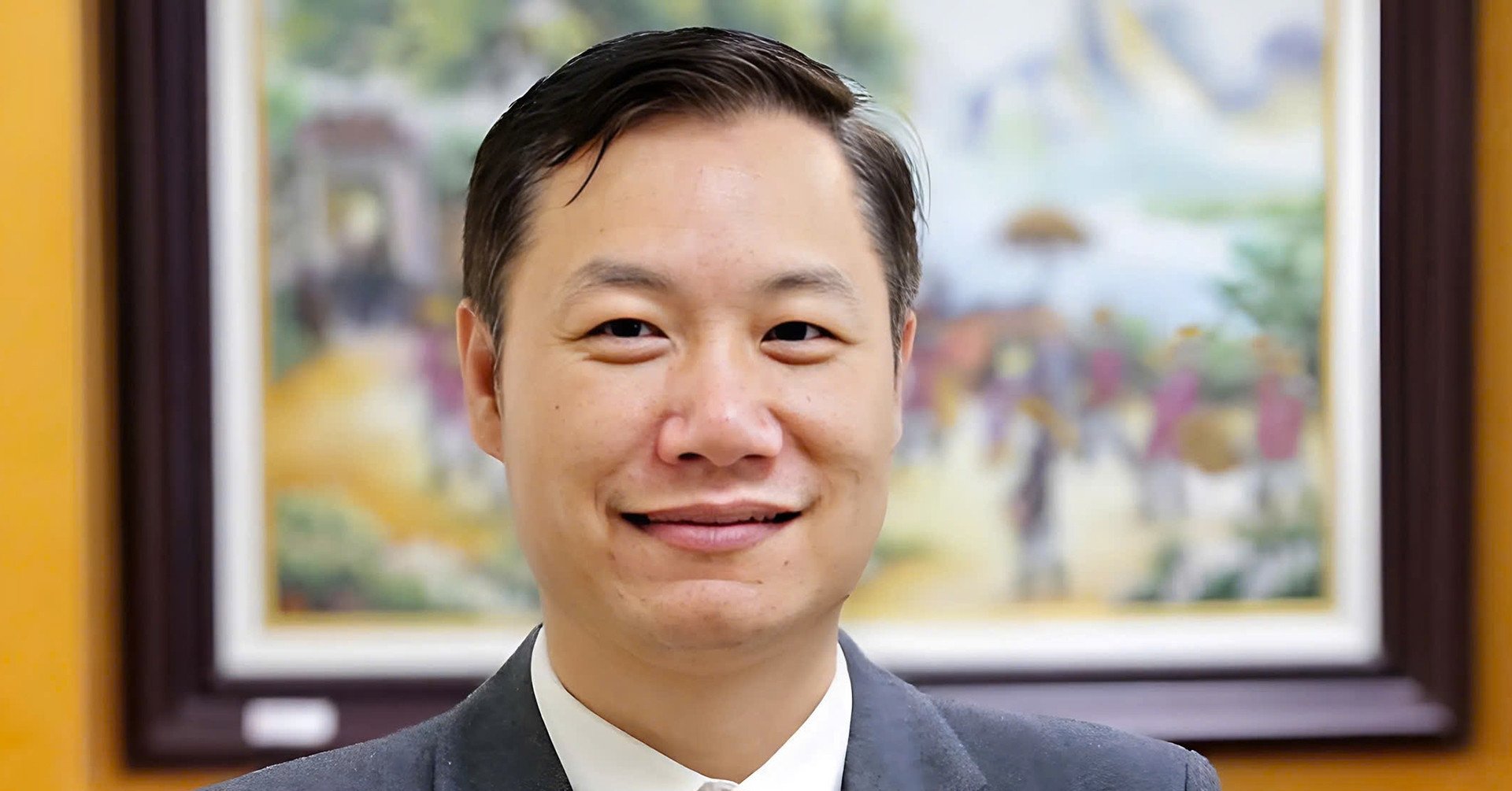


![[Photo] Welcoming ceremony for Chinese Defense Minister and delegation for friendship exchange](https://vstatic.vietnam.vn/vietnam/resource/IMAGE/2025/4/17/fadd533046594e5cacbb28de4c4d5655)























![[Video] Viettel officially puts into operation the largest submarine optical cable line in Vietnam](https://vstatic.vietnam.vn/vietnam/resource/IMAGE/2025/4/17/f19008c6010c4a538cc422cb791ca0a1)


















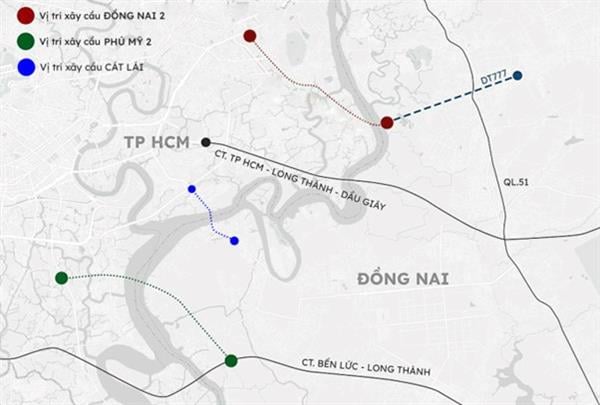



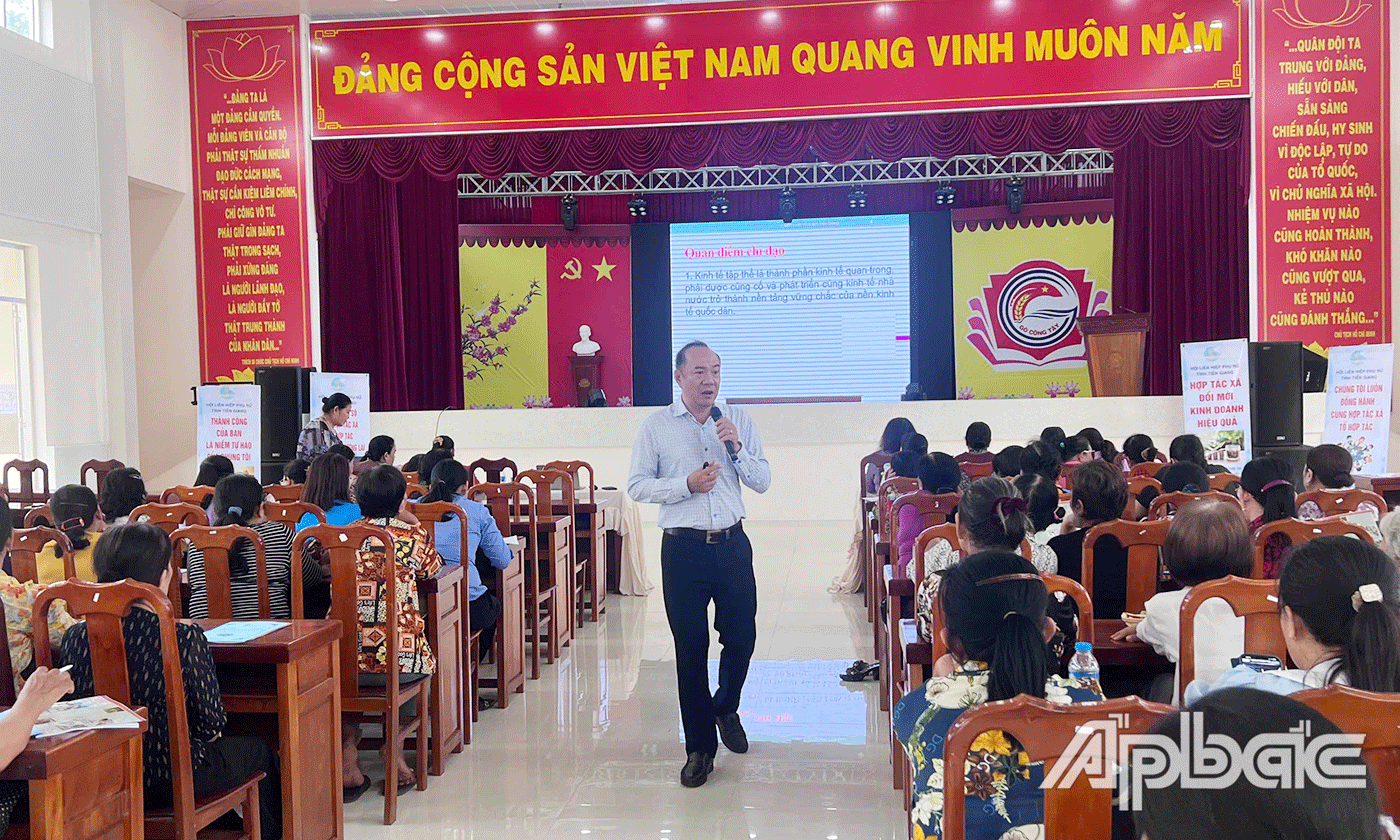

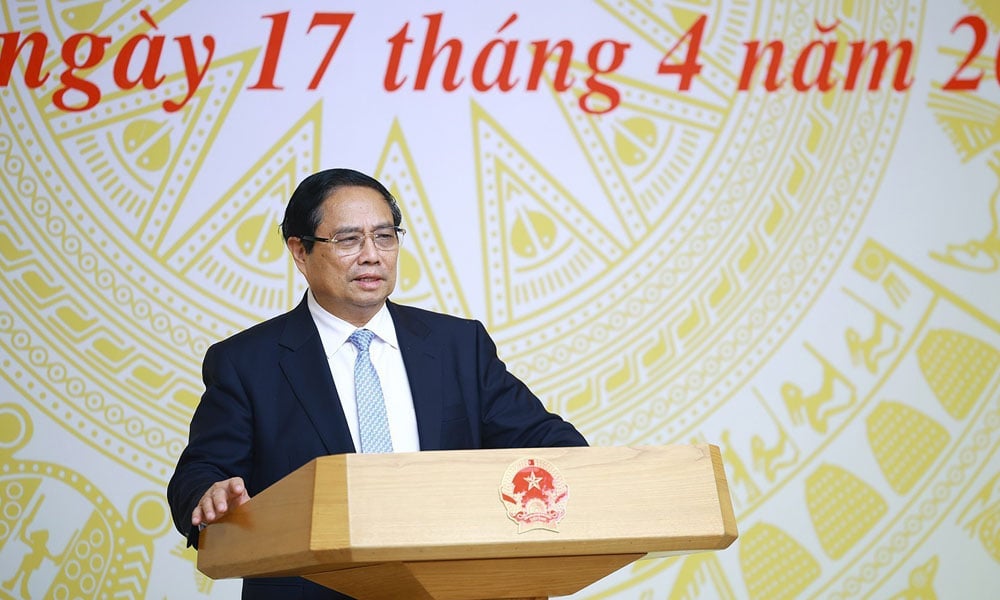

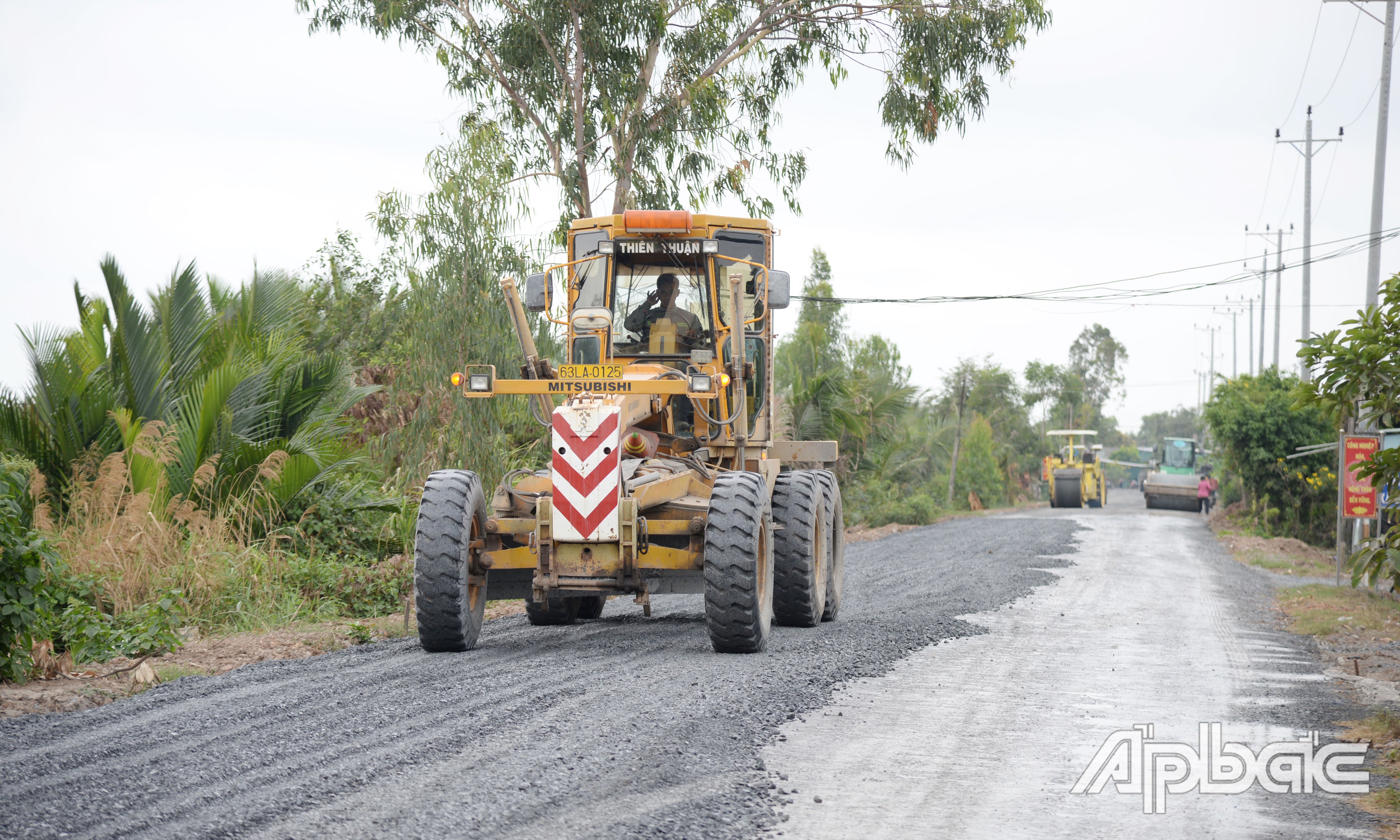
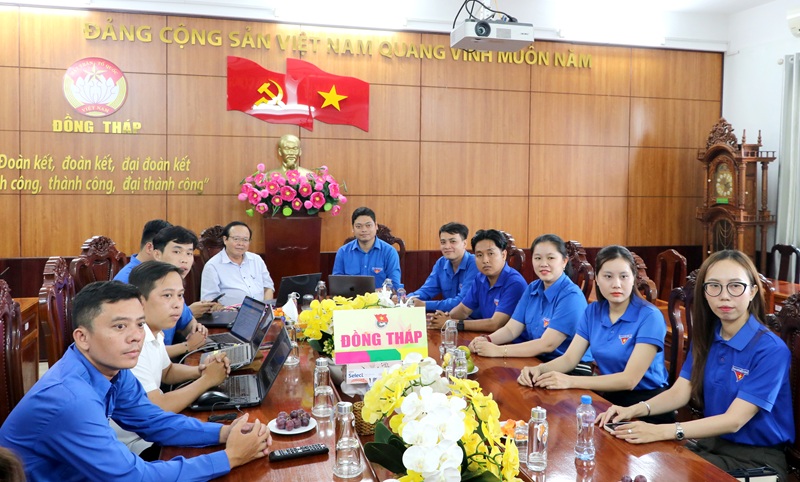












Comment (0)